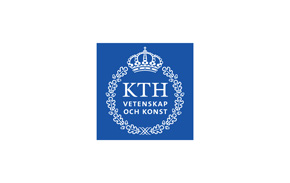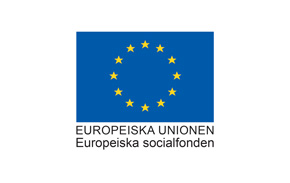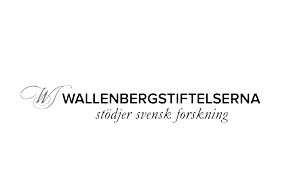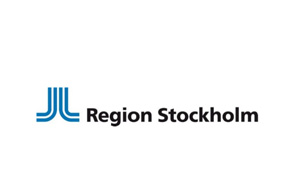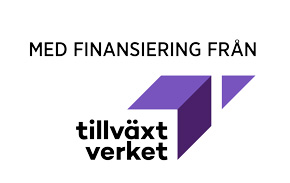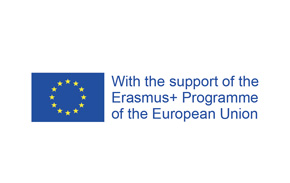Webinars: Will reskilling secure competence?
Industry transformation, migration and Covid-19 are some of the factors that are putting pressure on the labour market. Reskilling, to rapidly train people on demand for business sectors where there is a shortage of skilled labor, is emerging as a solution to solve these challenges. Expectations are that reskilling opportunities becomes a permanent part of what the market offers to sustainably provide the industry with qualified labour to keep up with the rapid industrial transformation.
Welcome to Royal Institute of Technology webinar series where we discuss training for employability through reskilling!

The webinar has ended.
Watch videos and content from the webinars here
Find an executive summary here ( Executive Summary (pdf 52 kB) )
Want to know more?
Sign up for the KTH Reskilling newsletter.
About the webinar series
The webinar series are based on three reskilling projects run by KTH that touch on various aspects on reskilling for employability. The
Software Development Academy (SDA)
has reskilled 350 migrants for jobs in the IT industry. The
Inclusive STEM (IncluSTEM)
project focuses on collecting best practices in inclusive higher education for students with migrant backgrounds in Sweden, Spain and Germany.
Fordonsdalen REACT
focuses on reskilling methods within the automotive industry.
We would like to invite you to take part in discussing best practices and innovations in reskilling, its potential societal impact, and how it will shape the way we conduct higher education.
Welcome!
Webinar 1 –What are best practises in reskilling for employability?
Monday, Nov 22nd at 9-11
The first webinar sets the stage for reskilling for employability by discussing the changing needs of the labor market and how that redefines competence. We define reskilling and discuss the model for life-long learning and best practices in reskilling.
- The future of competence
- What are the labor market reskilling needs for the future? - Stakeholder perspectives
- What are the best practices for reskilling for employability? Case studies from Sweden
Speakers Webinar 1
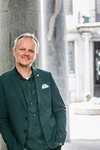
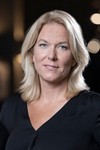



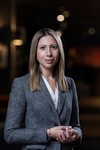



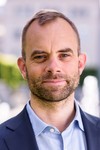
Webinar 2 –Which innovations in reskilling create value in a rapidly changing world?
Tuesday, Nov 23rd at 13-15
The second webinar dives deeper into the how of reskilling for employability and presents innovations in the field from both KTH, Sweden, and Europe. Looking ahead, what are the upcoming challenges from industry and society in the fourth industrial revolution.
- Does reskilling require new formats and methods? Innovative education at KTH
- The Software Development Academy model: Online Learning Initiative (OLI), The Experience Confidence Knowledge model (ECK), Learning Experience Platform, Why the method matter
- National and international innovations in reskilling
- Where do we need to innovate more - what are the fourth industrial revolution challenges for labor market, society and industry?
Speakers Webinar 2

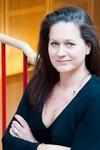
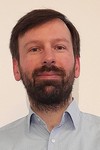
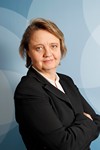
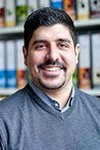
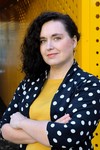
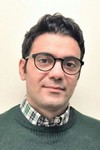


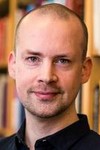
Webinar 3 – Could reskilling be higher education’s contribution to integration?
Wednesday, Dec 1st at 9-11
The third and final webinar discusses sustainable and inclusive reskilling with a focus on the three projects hosting these webinar series at KTH. We discuss if reskilling is a job for the universities, traditionally focusing on degrees and research - not lifelong learning, from a multitude of perspectives.
- What are best practices and forefront of innovations in reskilling for employability? Summing up the webinar series
- How can we produce sustainable and inclusive reskilling, the case of SDA
- What comes after reskilling? Successful Job-matching
- Where to do it - is reskilling a job for universities?
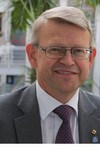
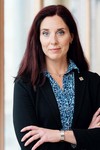

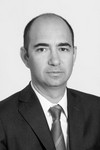

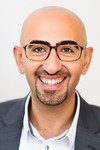


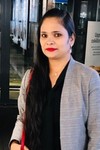


About the organisers
Software Development Academy was a project where KTH reskilled newly arrived immigrants to become junior software developers in 15 weeks and Novare Potential introduced them to employers. What enabled this project was on one hand innovative teachers at KTH who wanted to try new pedagogy and ways of designing lectures in a study environment, and on the other hand a new way to conduct educational programmes in a Swedish university.
IncluSTEM is a strategic partnership program between three European universities, KTH Stockholm, TU Berlin and UP Madrid which addresses and aims to solve two societal issues: the first being the lingering of including highly skilled migrants and refugees into European society and labor market, and the second being the demand for STEM and IT-professionals to the rapidly growing digital labor market. By implementing a quadruple helix model integrating stakeholders from academia, industry, government and civil society, the project will develop a model to build inclusive higher education institutions for students with a migration background.
Fordonsdalen is a ...
Webinars'- & Projects' Sponsors

